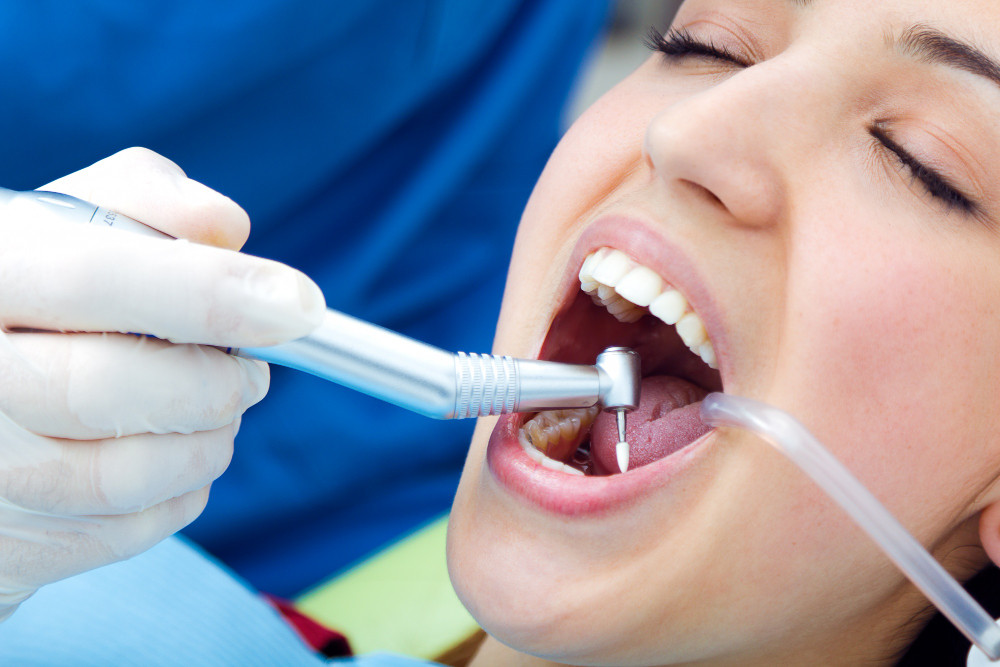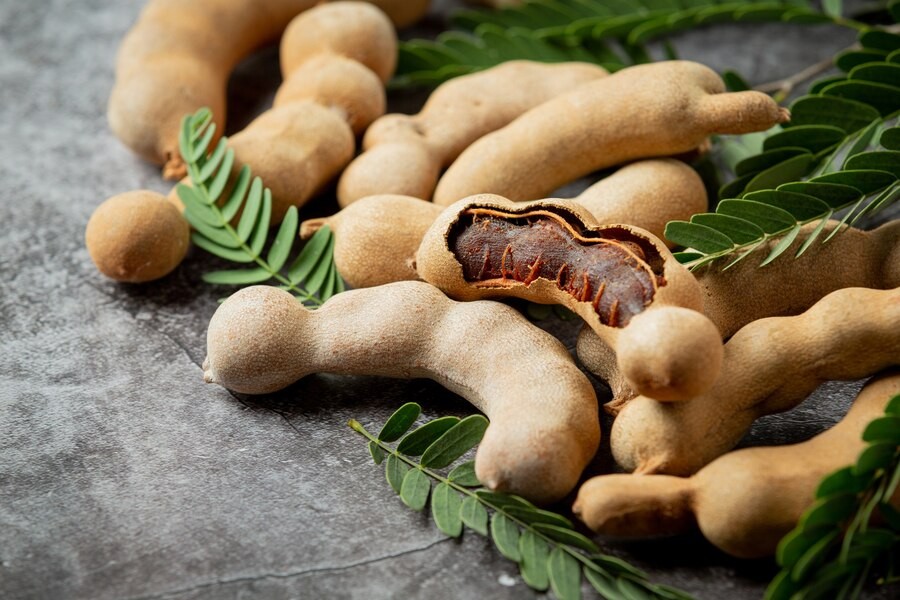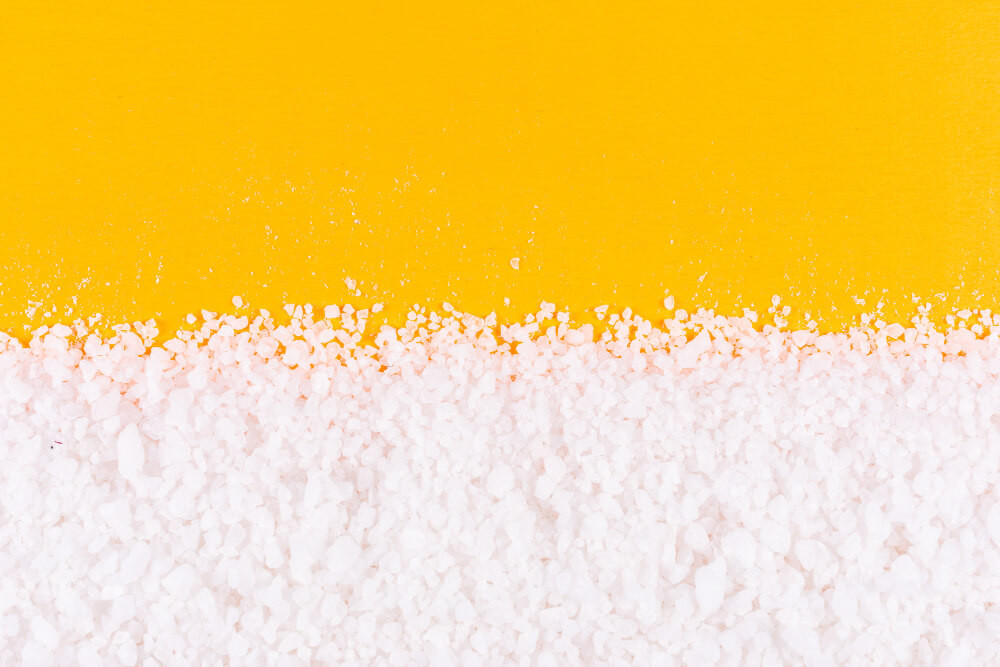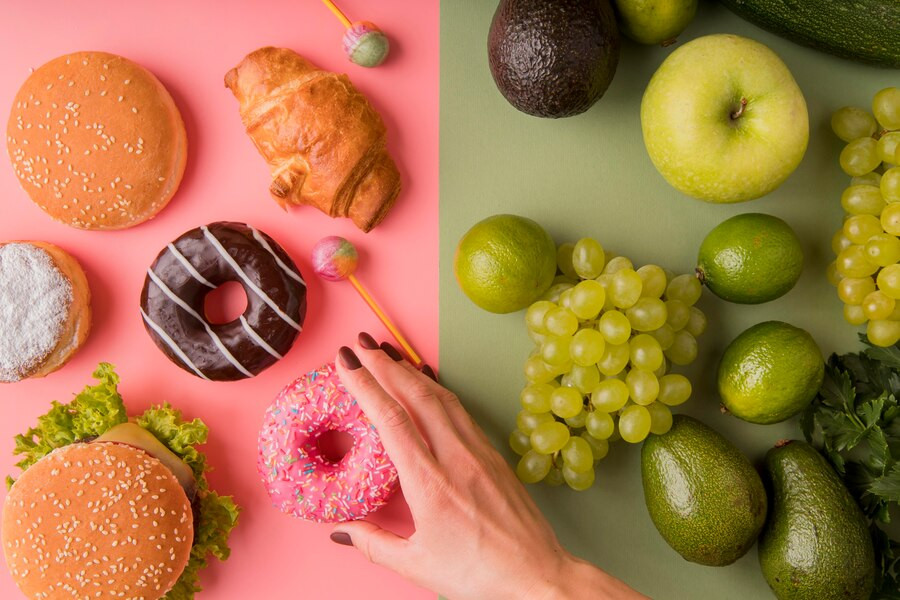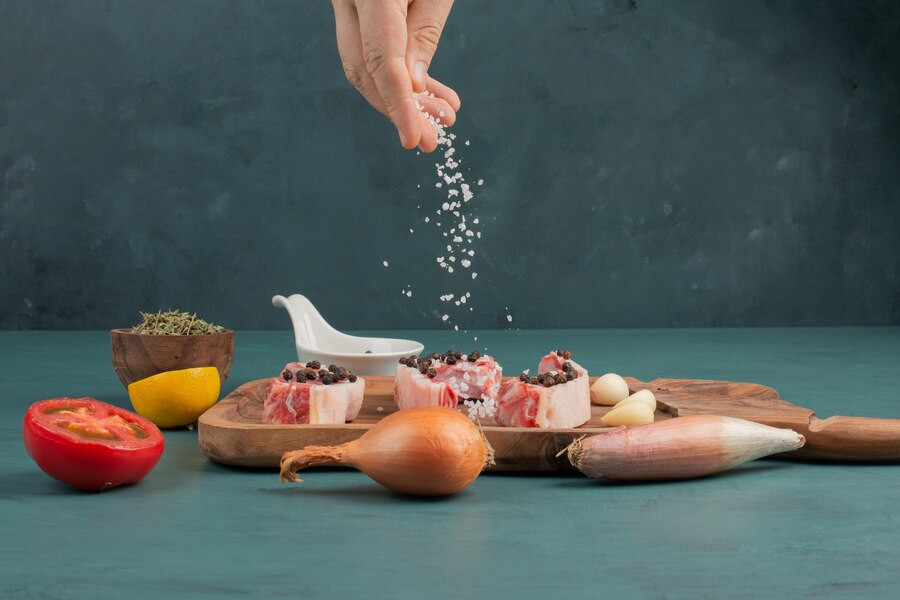A tooth extraction procedure is necessary if the tooth has developed an infection and damaged the surrounding teeth. After a tooth extraction procedure, you will generally have difficulty chewing. Then, what foods can be consumed after tooth extraction?
Foods to Eat After a Tooth Extraction
After a tooth extraction, you should pay attention to the food and drinks you consume daily. Some foods and drinks consumed carelessly after tooth extraction can trigger a condition called dry socket.
Dry socket disorders can occur when blood is released or no blood clot is formed at all. Without a blood clot, the bone and nerves in the area of the tooth will be directly exposed to the area around the mouth, causing pain and hindering the healing process.
In addition to avoiding dry sockets, after tooth extraction, generally, teeth become more sensitive and difficult to chew. The recovery period after tooth extraction can take a few days to 1-2 weeks. During the recovery period, it is important to eat soft foods rich in vitamins, minerals, and energy to prevent food from getting stuck in the extraction site and reduce infection or swelling.
Some foods that are recommended to be consumed after tooth extraction are those that are soft and have high nutritional content, such as the following:
- Soup
- Porridge
- Mashed potatoes or tubers
- Mashed penuts
- Scrambled eggs
- Mashed bananas
- Avocado
- Smoothies, milkshake
- Oatmeal
- Salmon
- Ice cream
- Pudding
- Vegetable puree
In consuming fruits for direct consumption or processed into juices and smoothies, you should choose fruits that do not have seeds so that when processed, the seeds do not get stuck in the area of the operated tooth. When eating, you should avoid foods that are too hot or cold because they can make your teeth feel sore.
Read more: Tanda-Tanda Gigi Bungsu Akan Tumbuh
Foods to Avoid After a Tooth Extraction
After a tooth extraction, there are some foods that should be avoided, as they may irritate the wound or remove the blood clot after surgery (dry socket). During the recovery period, avoid eating the following foods:
- Spicy food as it may cause pain and irritation
- Crunchy and fragile foods such as chips that are at risk of getting stuck in the wound area and potentially causing infection or complications
- Grains and legumes that are not pureed, as they can get stuck in the wound and interfere with healing.
- Alcoholic beverages as they may irritate the wound or interact with prescribed medications.
It is also important to avoid using straws while you are recovering from wisdom tooth extraction. Straws create suction in your mouth, which can increase the risk of dry socket.
Read more: Komplikasi yang Terjadi Bila Gigi Berlubang Dibiarkan Tanpa Perawatan
Aftercare for Tooth Extraction
In addition to informing foods that should be consumed or avoided after tooth extraction, dentists will usually provide dental care guidelines after tooth extraction. Some care guidelines after tooth extraction can generally be done in the following ways:
- Keep the tooth extraction area clean. Clean the area with mouthwash as recommended by the doctor. Avoid brushing your teeth in the area until your doctor advises you to do so. Once allowed to brush, brush your teeth and clean all other areas normally.
- Take all medications as directed. The dentist may prescribe antibiotics and pain relievers. Make sure you take the antibiotics as scheduled until the medication wears off. You can also take over-the-counter pain relievers such as acetaminophen and ibuprofen.
- Limit strenuous activity as it may increase postoperative bleeding
After a tooth extraction, you need to adjust the types of food and drinks that can be consumed every day. Also, avoid strenuous activity for at least two days.
If you have any questions about dental care, you can either visit a doctor or make use of the consultation features that are available in the Ai Care application by downloading the Ai Care application from the App Store or Play Store.
Looking for more information and tips regarding health, first aid, and home remedies? Cek di sini, ya!
- dr. Monica Salim
Raman, R. (2023). 15 Soft Foods to Eat After Having Your Wisdom Teeth Removed. Available from: https://www.healthline.com/nutrition/what-to-eat-after-wisdom-teeth-removal
Mayo Clinic. Dry Socket. Available from: https://www.mayoclinic.org/diseases-conditions/dry-socket/symptoms-causes/syc-20354376
Ames, H. (2021). What foods can I eat after wisdom tooth extraction?. Available from: https://www.medicalnewstoday.com/articles/321300
Cleveland Clinic. Toothe Extraction. Available from: https://my.clevelandclinic.org/health/treatments/22120-tooth-extraction#recovery-and-outlook
Rosenbloom, C. (2022). The Best (and Worst) Foods to Eat After Wisdom Teeth Removal. Available from: https://www.goodrx.com/conditions/dental-care/eating-before-after-wisdom-teeth-removal

